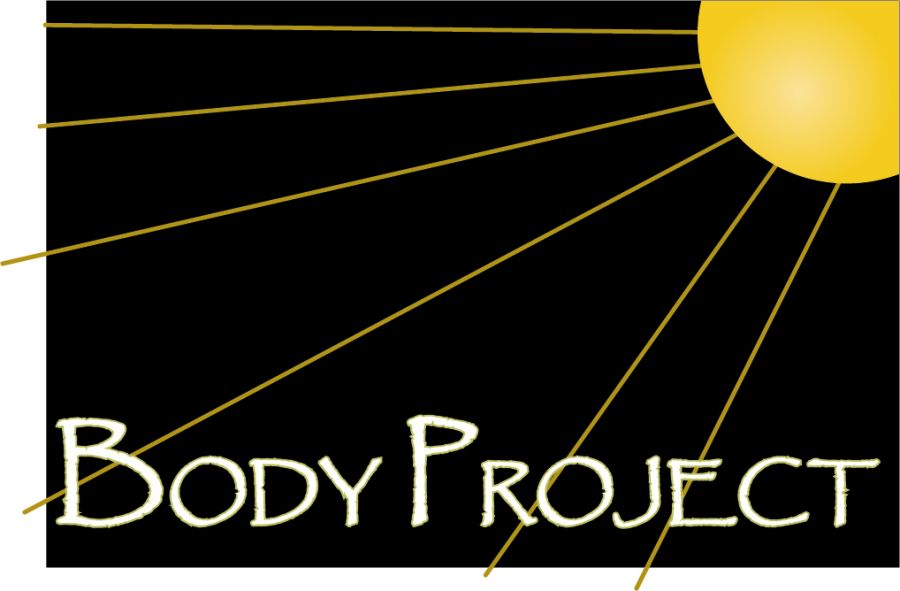It’s about a week into 2016, and maybe you’ve decided on a New Year’s Resolution, are contemplating a few, or haven’t given it any thought.
No doubt you have read or heard others talk about resolutions to change one’s body to look like a Victoria’s Secret model or get those enviable six-pack abs. While health-focused resolutions like eating healthier, exercising at recommended levels, consuming more water, and getting adequate sleep certainly have their place, there is often one health-related resolution that gets over-looked: improving one’s body image.
Everyone wants to feel good about their body, and that’s not a bad thing. But the reality is that no body (pun intended) is perfect, and the more we appreciate our bodies, the more likely we are to engage in positive health-related behaviors. So, with that in mind, here are some NEW New Year’s Resolutions to consider:
- Notice physical things you like about yourself every day. Identify physical characteristics that you like about yourself. Maybe it’s the color of your eyes, or the way your legs move you around campus every day. Remind yourself of the physical traits you love and that fuel your confidence, so you’re not obsessing over imperfections.
- Pay attention to the non-physical qualities you possess that you value. Maybe you have a great sense of humor, would do anything for your friends or family, or perhaps you’re sensitive and welcoming to others who feel uncomfortable. Think about what you value in life, and appreciate those personal characteristics that you’ve nurtured and strengthened in yourself and others. These are certainly as (if not more) important as physical attributes.
- Remember that standards of beauty and attractiveness are a constantly moving target. Take a look at the changing physical ideals over time, and you’ll notice that what was attractive a century, or even 20 years ago, is different than societal standards about beauty and attractiveness today. Sure enough, they’ll change again in the future. From the full-figured female ideal of the 1600’s to a focus on facial features in the 1800’s, the frail features of the Victorian era to the current slim, toned figure of today–the beauty ideal changes over time. Even within short periods of time, these ideals move quickly–from Marilyn Monroe to Twiggy, from 1950’s curves to 1960’s stick figures–no one person can consistently meet these ideals. And even the models themselves, whom you see in advertisements and in the media, don’t meet these unrealistic ideals, as their photos are airbrushed and photo-shopped. What’s up with that? If they’re not beautiful enough, then maybe the standards are a bit whack.
- Give everyone a break. Comments about others’ appearance – ranging from “She shouldn’t be wearing that,” to “Oh my goodness, you look great! Have you lost weight?” are examples of Fat Talk, which reinforces the unrealistic ideals promoted in the media. Don’t assume that everyone who is overweight eats junk food, and that the skinny person you know “just needs to eat.” And, don’t think that males are immune from these pressures. Male body image concerns appear to be increasing as well, and the ideal they face -the larger, muscular, chiseled look – is equally unattainable. Avoid comments about size and bodies in general, and find other ways to compliment.
- Make healthy body image a priority. How on earth do you do this, you ask? Well, there is an amazing, healthy body image program right here at Illinois State University, called the Body Project. The two session, 2-hour program helps facilitate healthy body image among participants, and equips them with the skills to support others and foster a supportive campus environment. This internationally-recognized program, offered through Student Counseling Services and Health Promotion & Wellness, is led by trained peers, and absolutely free to ISU students. While the Body Project was designed for females only, there are other versions of the program currently in development. Because we know males benefit from healthy body image as well, there are co-ed and male-only body image programs available by request as we wait for male and co-ed versions of Body Project to be released. You can sign up individually, with a friend, or request the program for your RSO or student group.

